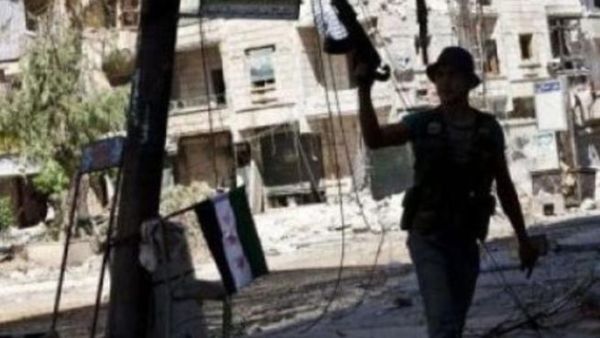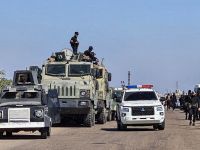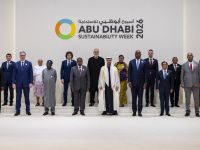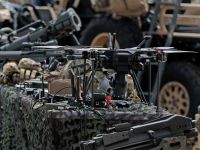The Syrian army used Sunday morning heavy artillery to bomb several parts of the country in an attempt to rush the rebels, said the Syrian Observatory for Human Rights (SOHR).
In Aleppo, the second largest city bombing hit the al-Midane, causing the destruction of several houses, said the Syrian NGO without providing an assessment of the number of victims. The day before, the army, supported by tanks and helicopters, had repelled after 20 hours of fighting a rebel attack against a military barracks in the area Hanano in Aleppo.
The troops loyal to the regime of Bashar al-Assad, facing a revolt since March 2011, also shelled several villages in the province of Deraa (south): Khirbet Ghazaleh and al-al-Lajat Katiba. Shots were also heard in Inkhel, according to the same source.
Towns in the province of Idleb (northwest) have also not been spared by the bombing and rocket shells, including those of Kafar Takharim and Banache Taoum,. In the eastern region of Deir Ezzor, three civilians were killed, two in the bombing of al-Hamadiyeh district and another by fire from a sniper in Al-Joura. Iraq also reported that Syrian shells fell Friday night on the Iraqi side of the border, killed a 4 year old girl and wounded four others.
According to the SOHR, more than 150 people died on Saturday, mostly civilians.
Meanwhile, international mediator Lakhdar Brahimi, who recently took office, will be Sunday in Cairo for talks with the Arab League. According to his spokesman, he wants to go to Damascus in the upcoming days.
In a related development, Russia, an ally of Damascus, said Saturday it would push the UN Security Council to adopt an agreement reached in June on the principles of a political transition in Syria. This comes as the European Ministers of Foreign Affairs discussed new sanctions against Damascus, although the Belgian minister Didier Reynders mentioned a "duty to intervene" if Moscow and Beijing continued to block international initiatives."
Moscow announced a new approach in the UN.
"Russia will advocate that the Security Council approves the Geneva Agreement," said the Russian Foreign Minister Sergei Lavrov, in reference to the end of June agreement, calling for a transition without demanding the departure of President Bashar al-Assad.
Lavrov, speaking after a meeting with U.S. Secretary of State Hillary Clinton said that the meeting of the Security Council would be held in late September. He recalled that Moscow would not support "any penalty" and denounced the unilateral U.S. sanctions against Syria and Iran, saying they damaged "the interests of Russian companies."
Clinton reiterated that any resolution of the Security Council should "provide real consequences in case of non-compliance," according to a senior U.S. official.








